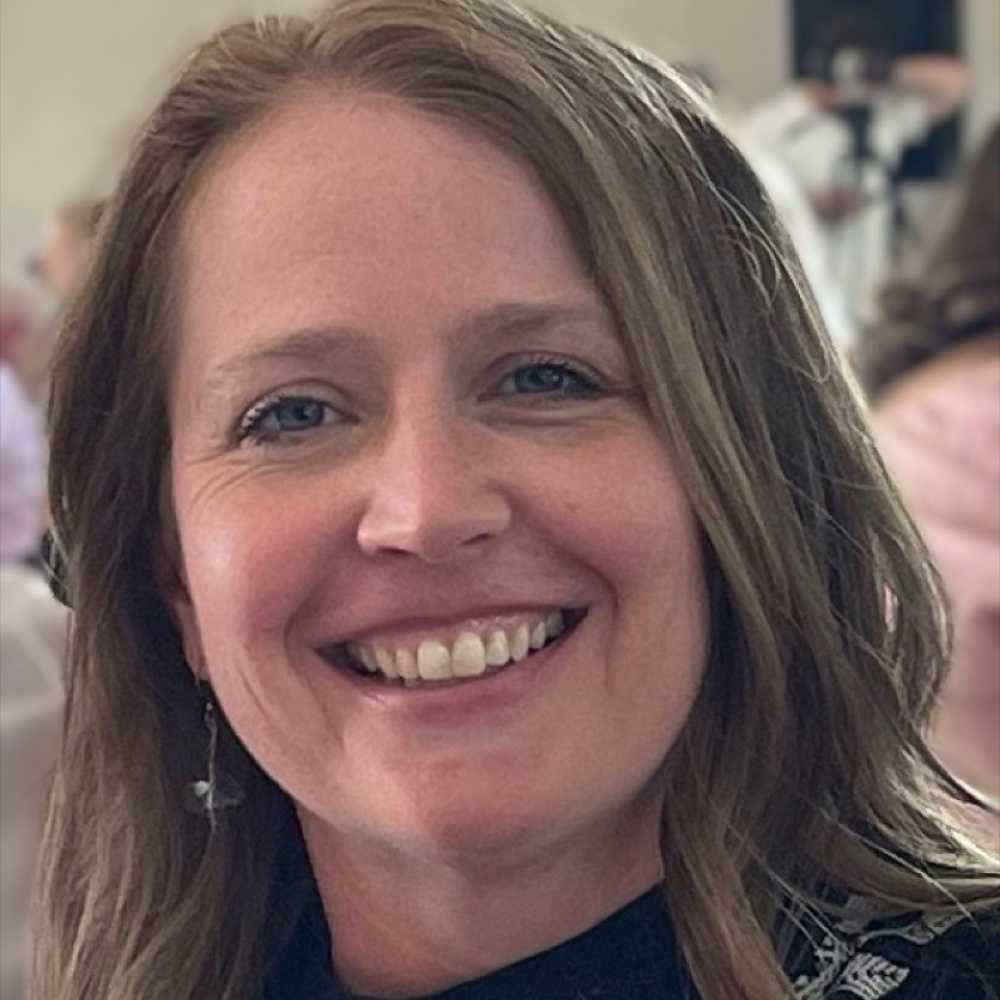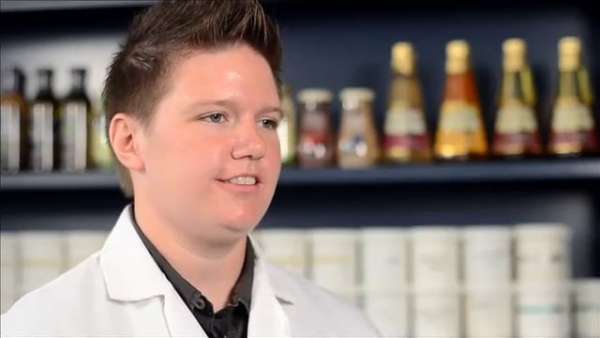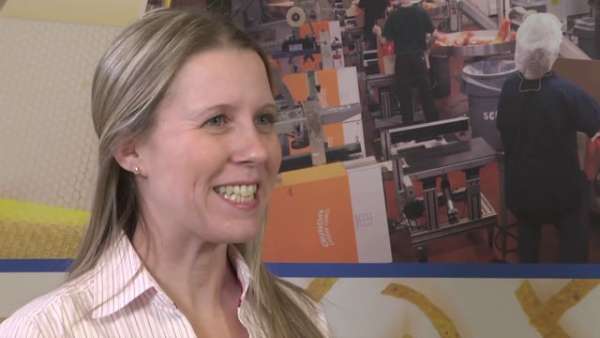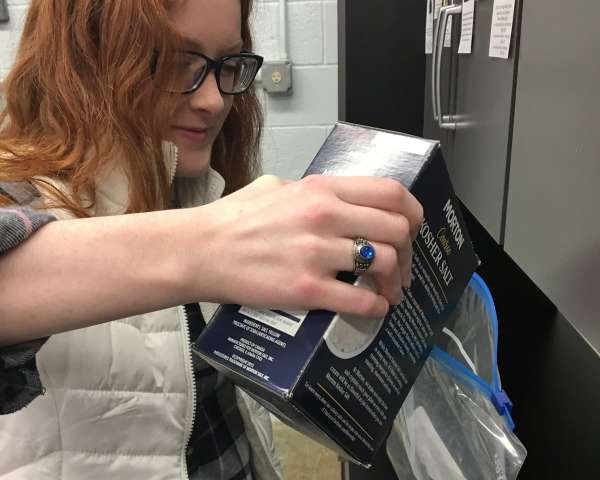
The ability to share the “simplexity” of our world with students is what compels me in the science classroom. Finding the simple in the complex…and revealing the complexity hidden in the simple. This is the marvel of science and what keeps me learning and seeking and growing as a teacher and a scientist. The world of science needs the best minds to continue to strive to understand more thoroughly our world. As a teacher, the reward is seeing those students that I have invested in grow and explore and become leaders in their surroundings.
I strive to provide students the opportunity to discover connections in the laboratory setting. I believe that concepts and truths that are uncovered by students themselves will result in a more thorough understanding. Science is the perfect subject to allow this exploration as part of each week. It’s a messy, out-of-control, full of surprises kind of teaching, but one that I love to coordinate. The students and I together create an environment where opportunities to explore and question and discover and learn from mistakes are possible. Another crucial skill in science is relaying what you have observed to the next scientist. Working with a lab partner, during science class students are constantly practicing invaluable skills: How to effectively set goals? How to work together to accomplish the set goals? How to summarize what has happened clearly? Great opportunities for me to teach students skills like patience, appreciation, self-control, gentleness. Practicing healthy teamwork is part of my classroom.
To witness students discovering connections and effectively communicating those discoveries to others. To see students, grow more confident in their ability to tackle complex and difficult ideas. To hear of students who have used the skills developed in my class to study a diversity of subject areas.
Why agriculture?
Students studying science or students who love science dream too narrowly. They do not consider the breadth of opportunity available to them when taking next steps after high school. Agriculture is a wing of study wide open with opportunity. My thinking was confirmed as I participated in my first GNG teacher training. My curriculum now includes the production and analysis of biodiesel and ethanol as alternate fuel sources. It stretches my chemists to see thermodynamics in a different light. I teach mostly city kids so exposing them to the depth of research necessary for food production and fuel production has generated great discussions. As I teach genetics in my AP Biology course, genetic modification provides a practical connection that connects to their world.




Share this